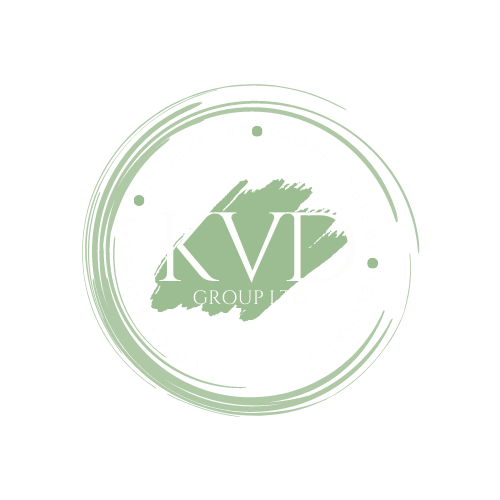Fishing or do you mean phishing?
Hello reader,
Welcome back to another blog and hello if you are new here! This blog is about being safe on the internet and ways to combat social phishing attacks and why our support team will look after you from every angle when it comes to safety online. This blog includes some tips on how to prevent nasty viruses and help you to be aware online.
Phishing?! What’s that? Don’t you mean fishing?
Not sure what the meaning of phishing is? Then you have come to the right blog! Phishing is a kind of fraud in which attackers try to fool people into doing the incorrect thing, such as clicking a malicious link that downloads malware or redirects them to a malicious website.
From ransomware to credential theft, phishing is the most common means of attack delivery. We're all too aware of phishing through email, but other sorts of phishing are on the rise.
Phishing on social media has increased by 500 percent in recent years. Additionally, the number of bogus social media profiles has increased by 100%.
Because individuals tend to let their guard down while using social media sites like Facebook, Instagram, Twitter, and LinkedIn, phishing on social media often deceives victims. They're not hunting for phishing schemes; they're chatting.
Phishing fraudsters, on the other hand, are on the lookout for you and will contact you through friend requests, direct messages, and sometimes even through your friends’ accounts. To prevent these sorts of covert assaults, learn how to safeguard your social media use.
Be safe with links!
(Delivered by Direct message on social media, texts, posts, or emails)
Think about what you are doing:
“You could win a free holiday to the Maldives”
Sounds exciting right? A once-in-a-lifetime opportunity?
WRONG! 9 out of 10 times this is an unsafe link in which you are openly giving your personal information, not only this but maybe your company’s details…
Links are the predominant method for delivering phishing attacks, particularly on social media platforms. Links in social media postings are often abbreviated, making it impossible for users to determine where they are being sent until they arrive. This makes it much riskier to click on links on social media platforms.
A con artist may initiate a conversation with you on LinkedIn to enquire about your company’s services and provide you with a link to their purported website. Do not click on links received by direct messaging our social media postings unless you know that the source is trustworthy. They may link to a phishing website that automatically downloads malware to your device.
Even if one of your contacts shares a link, you should investigate its origin. People often share things on their feeds because they like the meme or image, but they seldom take the effort to verify the source's credibility.
Don't Answer Social Media Surveys or Take Quizzes on the Internet.
Stay away from social media quizzes, even if finding out which Marvel superhero or Disney princess you are is amusing. Often, they're used to acquiring information about you. That might be used for phishing or identity theft attempts.
Many Facebook users were affected by the Cambridge Analytica crisis just a few months ago. Surveys and quizzes were discovered to be tools used by the corporation to gather customer data without their knowledge or permission.
Even though this was a high-profile example, they are far from the only ones that utilise social media to obtain as much information on their users as possible.
Surveys and quizzes on social networking platforms are best avoided since once your personal information is out in the open, there is no way to get it back.
Keep Away from Ads on social media, especially Facebook and Instagram
Even though many legal businesses utilise social media to promote their products and services, fraudsters are also making use of the platforms to perpetrate credit card fraud and identity theft.
If you notice something interesting on a Facebook or Instagram ad, instead of clicking through to the social ad, go straight to the advertiser's website to check it out – you just never know. Phones and laptops are very clever, and they tend to advertise on your social media things that you have previously looked at, text to someone, or even spoken about! The ‘fake’ ads follow this.
Are Your Devices Capable of Handling a Phishing Link or File?
It's critical to protect your devices using DNS filtering, controlled antivirus, email filtering, and other features. This will safeguard you if you accidentally click on a phishing link. On a scale of 1 - 10, how likely are you to click on a link, order something off of social media, or forward a scam because it says your account will be deleted if you don’t? We are hoping your answer is 0 as security surrounding your technology is very important but if you are not sure then Kiwi is definitely the company for you. Say goodbye to computer threats and say hello to a stress-free technology life!
Funny story!
Funnily enough, as I sat here typing this blog, I received a text from the ‘NHS’ stating I had been in contact with someone with Coronavirus and to follow this link to order a test… This is a Phishing text and straight away was deleted. They are very clever and pick on vulnerable things, meaning people will click the link, especially if they want to follow specific guidelines, even more so when it appears to have come from such a credible source.
Get in contact with us today to find out more! We are more than happy to guide you in the right direction… or alternatively, give us a call!





